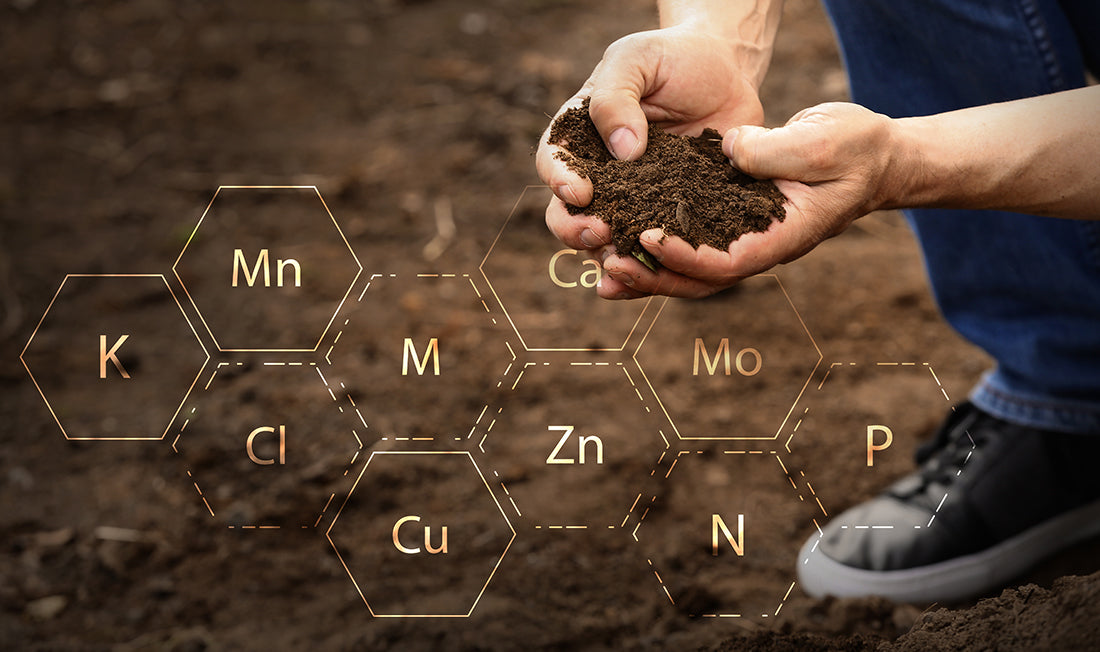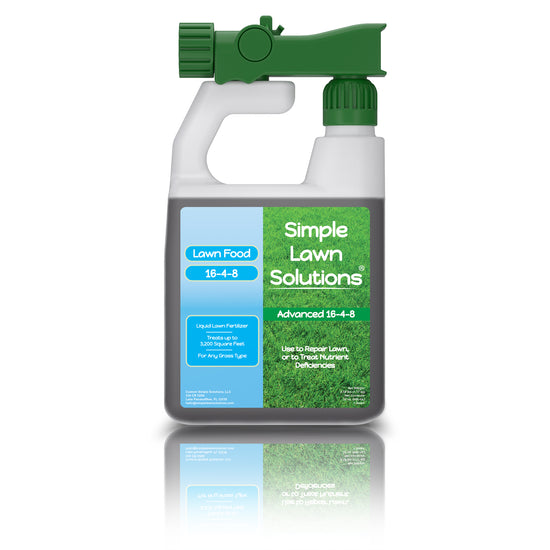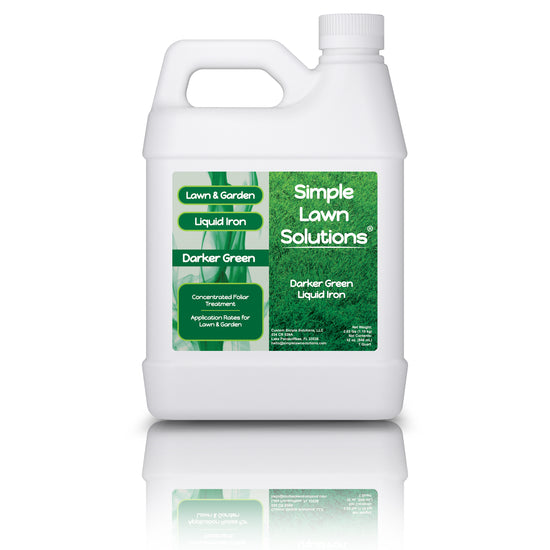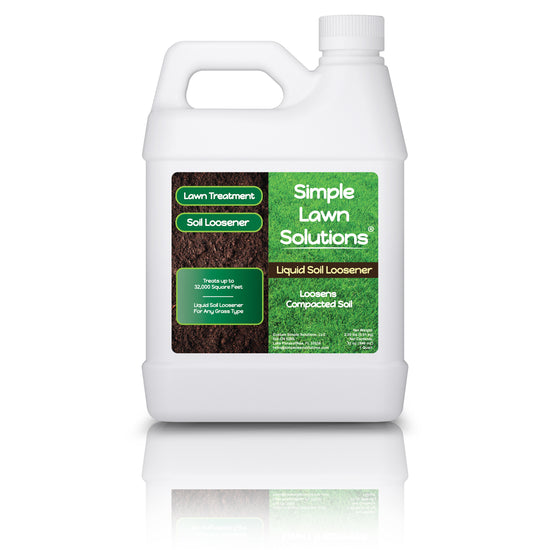Whether you’re a lawn care junkie or just want to fertilize your lawn, it’s a good idea to obtain a soil test to help guide your fertilization efforts. Soil tests can also be beneficial if you’re managing a lawn that just seems to struggle for no apparent reason. If your lawn is getting plenty of sun and water, the temperature is perfect for growth, and there’s no obvious disease or insect damage, but your lawn just seems dull and not as vigorous as it could be, a soil test could help determine if something in (or not in) your soil is holding you back.

When it comes to soil tests, let’s start by making it clear that there is no one-size-fits-all soil test that is the “best test” for use in any lawn in any location in the United States. Because soils are such diverse and dynamic systems, different soil testing methods work better for different soil types. In order to estimate available soil nutrients, soil testing is conducted by mixing the prepared soil sample with an “extractant” in solution, then filtering the resulting solution, and analyzing it for nutrient content. The extractant is designed to mimic a plant root’s ability to extract nutrients from your specific soil. This is where choosing the proper soil testing extractant that is correlated to the growth response of your specific plant, in our case turfgrass, is critical for properly estimating what your soil can supply.
So, in its most basic form, a soil test provides an estimated amount of plant-available nutrients in your soil, from which fertilizer recommendations can be made based on plant response calibrations made for the specific extractant used. When deciding where to get your soil tested, it is crucial to understand what laboratory techniques will be used for analysis. Two different laboratory techniques may yield very different numerical results. It is also important to remember that some techniques utilized by commercial laboratories lack sufficient data upon which to base their interpretations or suggestions (Hartz, 2007).

The best way to find the proper soil test for use in your region is to contact your local Land-Grant University and inquire about soil testing for lawns and gardens. The experts at the university have handled hundreds of soil samples from around your state and will have the knowledge necessary to determine the proper soil test to conduct for your location and soil type. University scientists have been calibrating and correlating soil test results with plant growth responses for residents of their state for decades. Their suggestions will be made based on the results of your soil test and years of research determining whether fertilization is necessary based on those results.
If choosing to get your soil tested using a third-party provider, ask them whether their specific method of extraction has been correlated to turfgrass growth responses. If they’re just simply providing you a number that isn’t calibrated to turfgrass growth, then all you’re getting back is just a number, from which potential plant growth cannot be estimated and fertilization cannot be suggested.

Unfortunately, we do not have the time or space to determine the proper soil tests for every lawn around the U.S., but we can tell you that the best place to start is to contact your closest university county extension office and explain to them what you’re trying to accomplish, and they will have the knowledge of soil testing methods best for your area. If they can’t help, they will most certainly be able to point you in the right direction. When you do get a soil test and determine specific nutrients that your lawn is lacking, check out our awesome line of liquid fertilizers that can meet the demands of even the most depleted soils. Also, if you get a soil test and have questions about how to interpret it, contact us today, and we’d be happy to discuss it with you.









